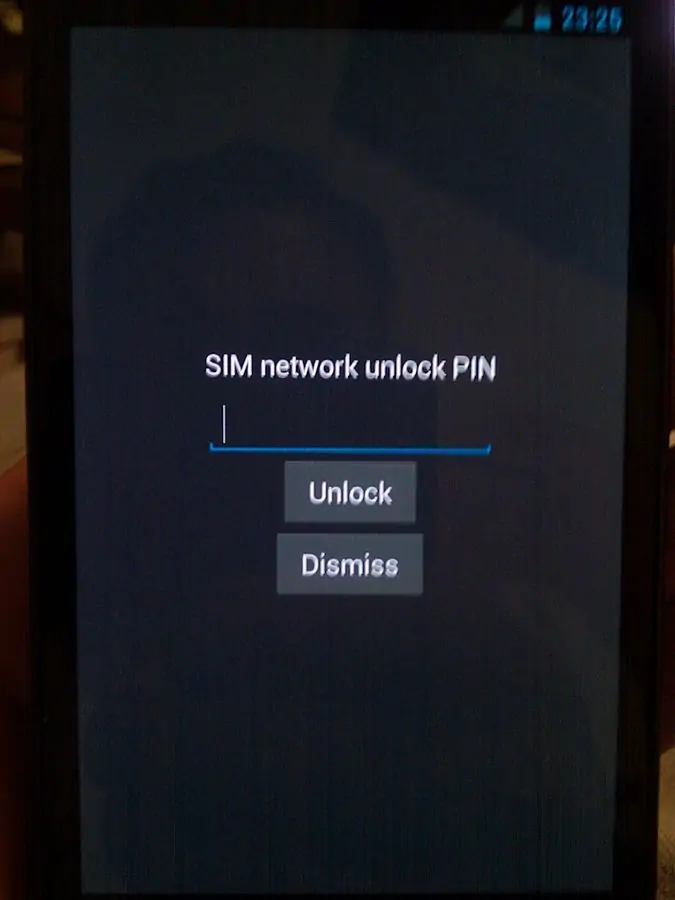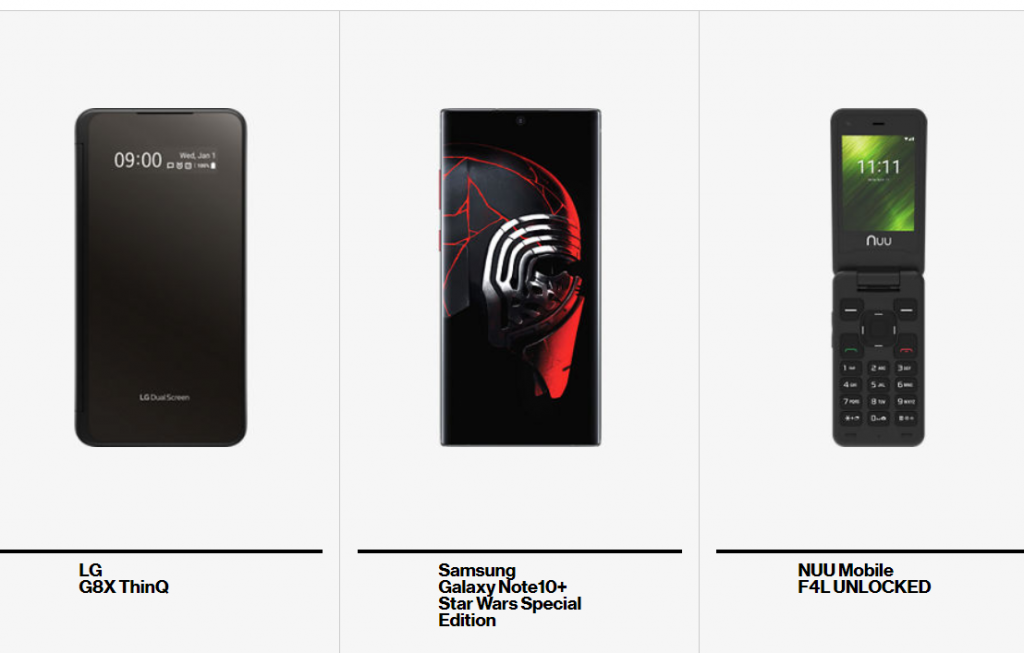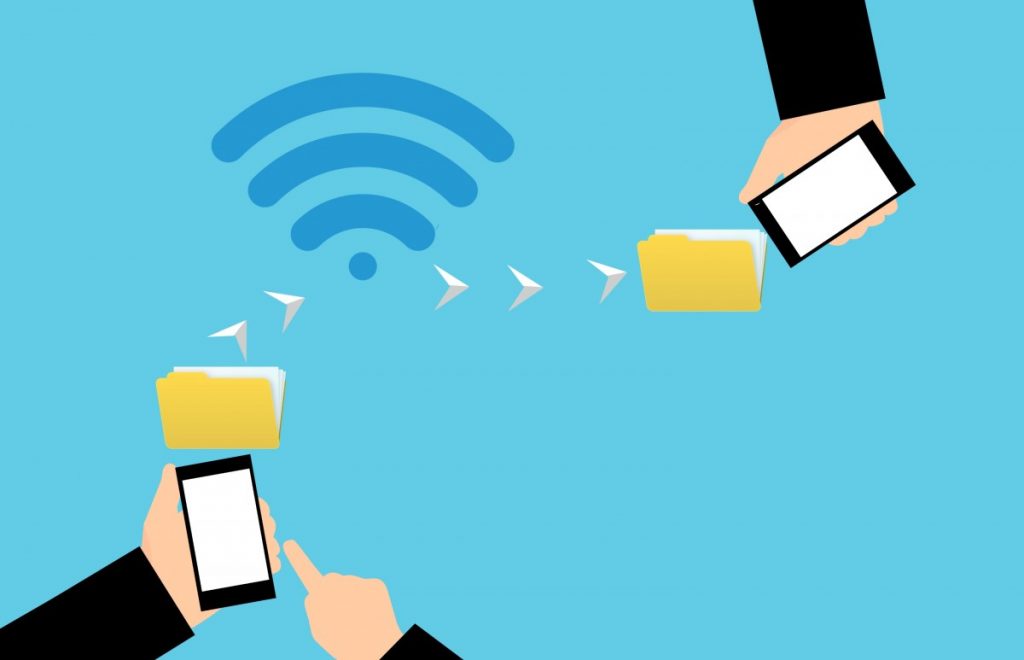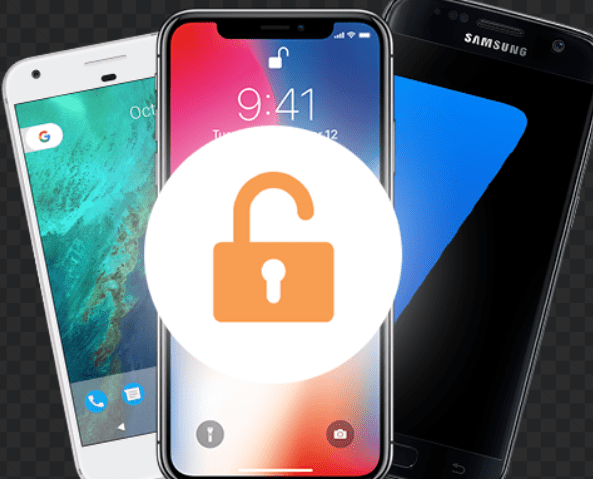If you’ve shopped for a smartphone during the last few years or wanted to switch cellular providers, then you’ve likely heard about unlocked phones. But what are unlocked phones? And do you need it for your next device?
Unlocked phones are handsets not tied to one network. You can move from one provider to another, usually by changing your SIM card (or using an eSIM if your phone supports it). In effect, your SIM card restricts you to specific cellular networks. If you want to change carriers, then you’ll need to get permission to do this.
In this guide, you’ll learn everything there is know about unlocked phones. We’ll show you how to buy unlocked phones, why you should consider investing in one, and whether you can unlock your current device. Let’s jump right in:
What Does Locked Mean?
Unless you purchased your phone directly from the manufacturers, chances are your device is locked. That means you can only use it with your current carrier. Cellular companies are required to remove your lock, however, after you’ve completed certain conditions or paid off your device.
The rules vary by carrier, so you’ll need to check individually with them. The one exception is Verizon, who must unlock all its phones after 60 days resulting from an agreement with the FCC in July 2019.

Why Do Cellular Companies Lock Phones?

Most cellular companies claim this is to prevent device theft. If a company leases a phone on installment and allows you to switch carriers at random, there’s less incentive for you to pay off the device.
While this is true to some extent, the biggest reason is that cellular providers want to make it difficult for you to change companies. That’s why even after you finish your device lease, you may still have to wait a period of time before becoming eligible for unlocking your device. So, if you find a better monthly deal with one network, you’ll have to wait for it.
This can be especially frustrating if you travel internationally and want to use a local SIM card. You won’t be able to do this unless your device is unlocked.
Why Should You Unlock Your Phone?

Overall, it’s best to buy a factory unlocked phone from the start. Even if it’s a higher upfront cost, you can use it to find a more affordable rate plan. Here are some key reasons why it’s better to have an unlocked phone:
- Changing between carriers
- Switching plans to a more affordable plan on the same carrier
- Removing bloatware applications, you don’t want on your handset
- Free you from long term contracts
- Greatly enhance the ability to use your phone while abroad
- Increase the resale value of the phone since the buyer can use it with any carrier
- Take advantage of eSIM technology
How Can I Check if My Phone is Unlocked Already?
If you paid the full cost of your phone, either upfront or through completing your monthly installments, your phone might be unlocked already.
To check, just pop out your SIM card and put it one from a friend or family member who uses a different carrier. If your device usually works, then it’s unlocked. If you get a message like “Cannot read SIM” or “Restricted,” that means your phone is locked.
You can also check online by inputting your IMEI number into any carrier’s website.
I’m convinced. How Do I Get an Unlocked Device?
The easiest way is to be a factory unlocked device, which will go into more detail about below. If you want to keep your current phone, however, you’ll need to request a carrier unlock. Specific guidelines may vary, but generally, to qualify you must:
- Completed all device payments
- Paid any outstanding bills
- Have had an account in good standing for 12 months
- The device must not be reported lost/stolen or associated with fraudulent activities
How to Buy an Unlocked Phone?

It may seem simple enough just to buy a factory unlocked phone. However, there are a few catches. In general, you’ll likely not be able to pay for it via interest-free installments as you would through a carrier. You have to buy it as one lump sum (except if you lease an iPhone through Apple).
You also won’t have service right away. You’ll need a supported SIM card that is activated on the network. But, not every unlocked phone will work on all networks. Although LTE is shared among networks, GSM and CDMA bands, which are used for legacy connections and voice calls, vary.
AT&T, T-Mobile, and Cricket all use GSM. Verizon, Sprint, and US Cellular use CDMA. While higher-end phones like iPhones and Pixels can work on both network types, most unlocked phones can only use GSM.
Before purchasing any phone, confirm that it will work on the type of network you plan to use. You check the specs and see if it supports the bands you want to use.
You should also check to see if carriers restrict features to only devices they retail. Some carrier-locked handsets get exclusive features. For example, you can only use voice-over-LTE and WiFi calling on smartphones direct from AT&T. So, if you bought a factory-unlocked iPhone 11 Pro and brought it to AT&T, you’d miss out on these features since you don’t have the AT&T model.
The same goes for 5G, which is currently even more restricted to individual networks. Currently, most devices can only work on certain 5G bands that may or may not be supported by the other network’s 5G. For example, phones that can work with Verizon’s high-band 5G may not support T-Mobile’s low-band 5G.
Who Should Buy Unlocked Phones?
Unlocked is a better option for most people. But they’re particularly suited for:
- International Travelers: Having an unlocked phone makes it much easier to swap out your SIM and take advantage of a more affordable pay-as-you-go local option
- Value Shoppers: When you move away from the Samsung-Apple rivalry, there are so many manufacturers who make reliable smartphones at very reasonable prices. You can find plenty of great options from brands like Alcatel, Oppo, ZTE, and much more. Then you can pair this with a more affordable monthly plan.
- Early adopter: If you want the newest devices as soon as they’re released, unlocked is the right choice for you. Then you can get the latest and greatest smartphones as soon as they’re released.
- Frequent Updater: If you want to change your phone whenever it’s the easiest way. Then you can just sell your phone with no issues.
Who’s Better Off With a Carrier-locked Phone?
- Installment Plans. If you want a deal on a new flagship from Apple or Samsung, you can’t beat a nationwide carrier. All of them offer discounts and trade-in plans. You can always get your device unlocked down the road.
- If You Value Simplicity: If you don’t want to figure out how to activate your phone, get in on the right network, and so on, then it’s easier with a carrier. They’ll also help you transfer old data and sync your contacts.
- 5G Early Adopters. 5G is unique. Since the carriers use specific bands that match with certain phones, you’ll be better off with a carrier for the next year or so.
What Should I Do After I Buy a Phone?

Start by transferring your data. If you’re moving between iPhones, you should easily be able to sync via iCloud. The same also goes between Android phones when signing into Google.
You should also delete all the pre-installed apps you don’t want like carrier-branded games, sports leagues, or other things. There’s likely some bloatware directly from Apple, Samsung, or whichever manufacturer you choose.
Finally, buy insurance. Regardless of whether you purchase a locked or unlocked phone, you can get insurance either from your carrier or directly from the manufacturer. Either way, for most people, it’s worth paying $8-12 per month instead of shelling out $200 if your phone shatters or some other unfortunate event occurs.
Wrapping up: How to Buy Unlocked Phones

For the majority of people, unlocked phones are just a better option. They give you the freedom to always find the best carrier at the best price for you.
Learn more about unlocking phones on the Buyback Boss blog. We have specific guides for:
- How to unlock Samsung Galaxy
- How to unlock iPhone
- How to unlock a T-Mobile phone
- How to unlock AT&T phone
- How to unlock Sprint Phone
Once you’ve unlocked your phone, check out our carrier comparisons. We’ve broken down the difference between all the cellular providers to help you find the best choice for you. Get started now with this guide on Straight Talk vs. AT&T.






